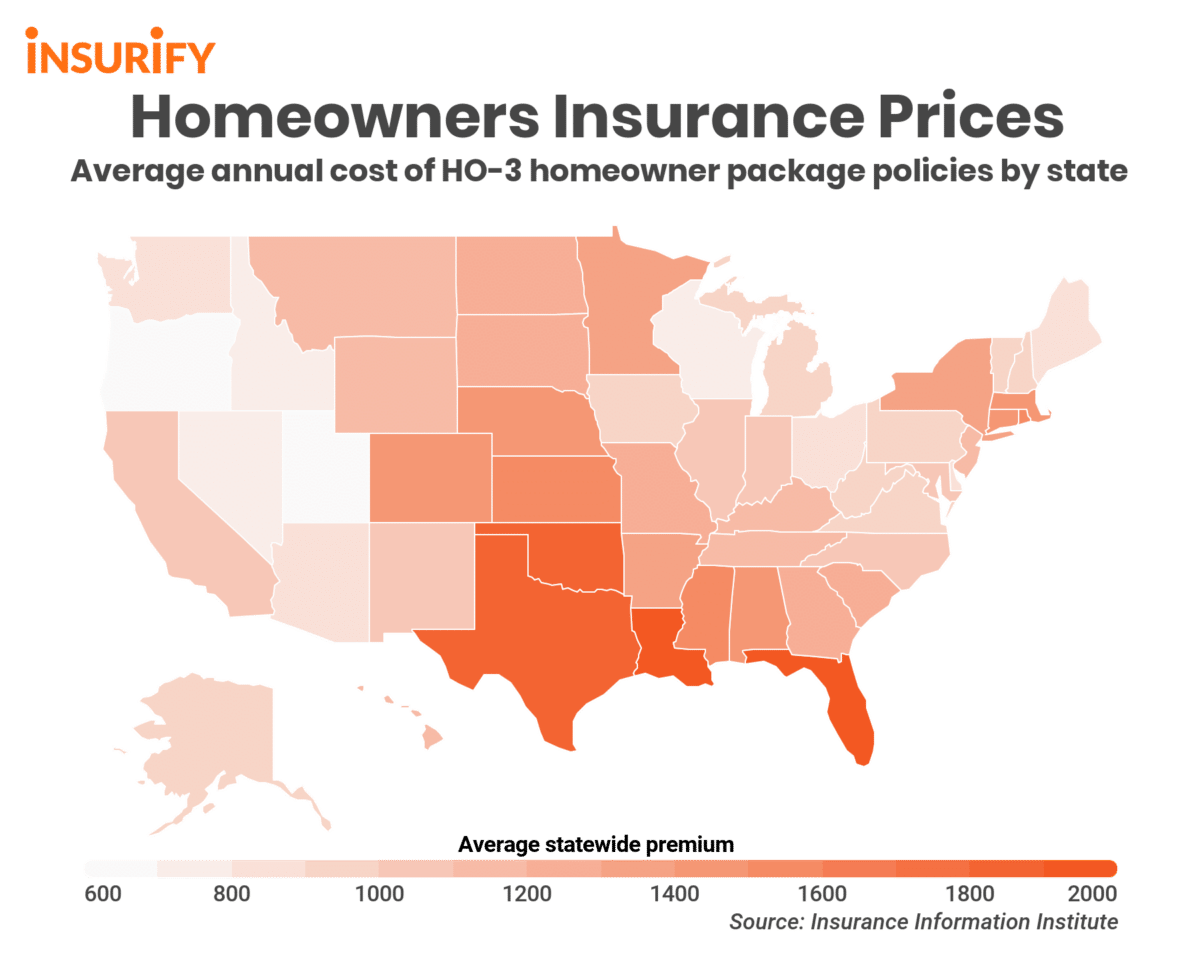
Healthcare definitions can be confusing at times. We have provided the following information to assist you with your understanding of the process.
An EPO (exclusive provider organization) is a combination of features from a HMO or a PPO. This type of plan can store electronic medical records. As a result, you will only need to see providers in your network. If you have to seek care outside the network, you'll be charged more. You could also be subject to a higher price share.
A health maintenance programme (HMP) covers all medical expenses. This includes deductibles, coinsurance, as well as copayments. Your benefits are not dependent on who you see, unlike a PPO. Your insurance will only cover services provided if you see a provider not in the network.
The Patient as Partner Approach is a way to involve patients in the healthcare system. It recognizes the importance of the patient's experience knowledge as well as the scientific knowledge of the HCP. Patients are encouraged and supported to take an active part in their care. The patient can, for example, get a second opinion from a doctor or consult with one over the phone.

Electronic Medical Records (EMRs) are computerized systems that store all your clinical data. They are often used to track and monitor your care.
Behavioral health refers to a variety treatment options for mental or substance abuse. These include counseling and medication management. Behavioral healthcare can be offered in both hospital emergency rooms and ambulatory care facilities.
Electronic prescribing allows pharmacies electronically to share patient information. Electronic prescribing uses computerized systems for transferring prescription information from the doctor's office into a pharmacy.
Before paying you, insurers may review your claims. The insurer will reimburse you if the claim meets certain standards. Certain insurance policies require precertification or authorization before you can receive certain services.
HIPAA, or the Health Information Privacy Act, aims to create standardized security standards for sharing sensitive information. It is enforced by the Department of Health and Human Services and the Centers for Medicare and Medicaid Services.

The Affordable Care Act (ACA) requires most health plans to provide four basic levels of coverage. These levels depend on your household's income, dependents, and government assistance.
Your annual deductible caps your healthcare costs for the year. If you have an accident, or are diagnosed with a major illness, your annual deductible caps the amount of healthcare you can afford before your insurance kicks in. The deductible does not cover non-covered services like visits to doctors or hospitals that are not part of your insurance network. In addition, your deductible applies only to the amount of care received while you are being hospitalized.
Lastly, if you have a health savings account (HSA), you can use your funds to cover any healthcare expenses that your health plan does not cover. HSAs can be used to cover healthcare costs that are not covered by your insurance.